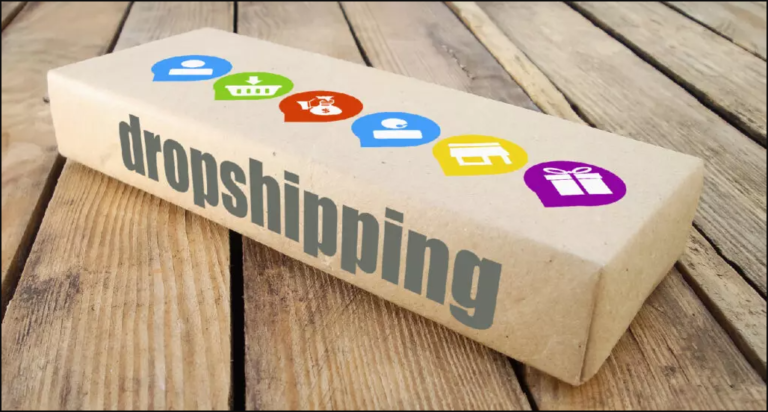Your Exciting Guide to Unforgettable Deals
Cyber Monday is like the cherry on top of the holiday shopping season! It happens the Monday after Thanksgiving, and it’s a day when online deals pop up everywhere, just waiting for you to grab them. Picture this: after all the turkey, pie, and maybe some Black Friday shopping, you get to cozy up at home and shop from your couch, all while snagging fantastic discounts on your favorite items. It’s a super fun way to kick off December and make your holiday shopping a breeze. Whether you’re hunting for gadgets, clothes, or the latest toys, Cyber Monday has something for everyone. So, mark your calendars, because this shopping adventure is one you won’t want to miss!
When is Cyber Monday: A Comprehensive Guide
Understanding Cyber Monday and Its Origins

Cyber Monday occurs the Monday following Thanksgiving in the United States, typically falling in late November. This online shopping event emerged in 2005, a term coined by Ellen Davis of the National Retail Federation. It was designed to encourage consumers to shop online after the holiday shopping weekend, capitalizing on the growing trend of e-commerce.
The initial aim was to entice shoppers who may have returned to work after the Thanksgiving break, offering them an opportunity to shop conveniently from their desktops. The term resonated with consumers, leading to a surge in online sales that has since transformed it into one of the busiest shopping days of the year. Retailers quickly recognized the potential, launching targeted promotions to capture the attention of bargain hunters.
Over the years, Cyber Monday has evolved significantly, shifting from a niche event to a global phenomenon. It now garners participation from major retailers and e-commerce giants alike, making it an essential date on the holiday shopping calendar. The continued growth of digital commerce has further solidified its relevance, as shoppers increasingly prefer the ease and convenience of online purchases.
The Significance of Cyber Monday in Retail
Cyber Monday has become a pivotal moment for retailers, as it marks the transition from the Thanksgiving shopping frenzy to the winter holiday season. Retailers often strategize their marketing efforts around this day, leveraging discounts and promotions to attract consumers who are eager to find deals. This day not only boosts sales figures but also establishes customer loyalty.
As online shopping expands, Cyber Monday presents a unique opportunity for both established and emerging brands to showcase their offerings. The event typically features significant discounts, enticing customers to make purchases they might have otherwise postponed. Retailers use innovative tactics, including flash sales and limited-time offers, to create urgency and increase conversion rates.
Moreover, the significance of Cyber Monday extends beyond immediate sales figures. It serves as an indicator of consumer behavior and trends leading into the holiday season. Analyzing the data from Cyber Monday can provide valuable insights into shopper preferences, allowing retailers to adjust their strategies accordingly for the subsequent weeks.
Key Strategies for Shoppers on Cyber Monday

Navigating Cyber Monday requires a strategic approach to maximize savings. Shoppers should begin by making a comprehensive list of desired items and conducting preliminary research to understand the typical pricing for those products. This preparation allows consumers to identify genuine deals amidst the noise of marketing hype.
Utilizing technology effectively can also enhance the shopping experience. Many retailers offer exclusive online-only discounts and early access to their best deals. Signing up for newsletters or downloading retailer apps can provide advance notifications about these offers, ensuring that savvy shoppers are first in line when the sales go live.
Additionally, it’s important for shoppers to be aware of the potential pitfalls. While Cyber Monday can yield excellent deals, it also presents the risk of impulse purchases. Establishing a budget beforehand can help consumers resist the temptation of overspending and encourage more thoughtful buying decisions.
The Impact of Cyber Monday on E-Commerce Trends
Cyber Monday has significantly influenced e-commerce trends, reshaping how consumers interact with brands online. As a direct response to consumer demand, many retailers have streamlined their online shopping platforms to enhance user experience. This includes optimizing websites for mobile devices and offering features like one-click purchasing, which cater to the fast-paced nature of online shopping.
Furthermore, the rise of Cyber Monday has accelerated the adoption of technologies such as artificial intelligence and data analytics. Retailers leverage these tools to personalize shopping experiences, curating recommendations based on consumer behavior and preferences. This level of customization not only enhances customer satisfaction but also drives sales growth, as shoppers are more likely to purchase products that resonate with their individual tastes.
The competitive landscape of e-commerce continues to evolve, influenced heavily by the momentum of Cyber Monday. Brands are increasingly investing in digital marketing strategies to ensure visibility during this high-stakes shopping period. This includes leveraging social media campaigns and influencer partnerships, which can significantly boost reach and engagement among potential customers.
Preparing for Cyber Monday: What Consumers Should Know

Preparation is key to navigating Cyber Monday effectively. Shoppers should start by researching which retailers will be participating in the event and what types of deals they typically offer. Creating an account with these retailers in advance can facilitate a smoother checkout process, saving time during the frenzy of sales.
In addition to familiarizing themselves with retailers, consumers should keep a close eye on promotional timelines. Many brands release sneak peeks or previews of their Cyber Monday deals, which can help shoppers prioritize their purchases. By staying informed, consumers can identify the best times to buy specific items, maximizing their chances of securing significant discounts.
Lastly, being mindful of shipping and return policies is crucial. Shoppers should review these policies to avoid unexpected costs and complications down the line. Knowing the details regarding delivery timelines and return procedures can enhance the shopping experience, providing peace of mind during a busy shopping period.





